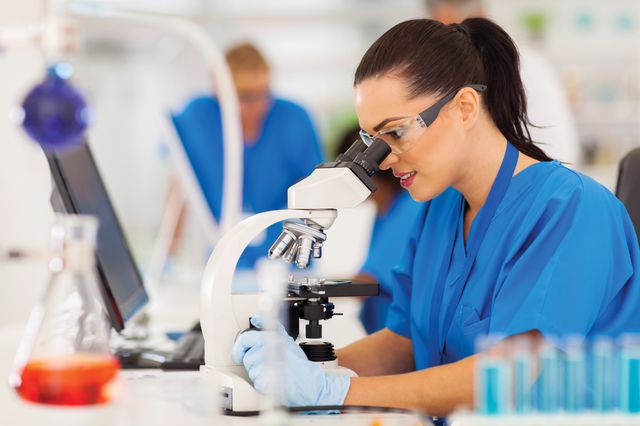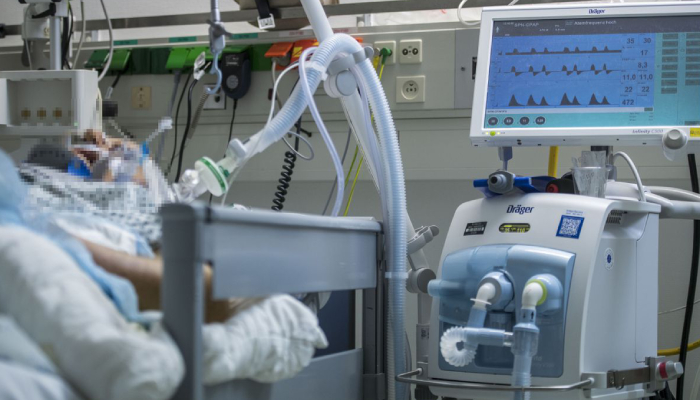Advancing Healthcare: The Role of Laboratory Medical Equipment

In the dynamic landscape of healthcare, laboratory medical equipment stands as the cornerstone of diagnostic and research processes. From identifying diseases to monitoring treatment efficacy, these sophisticated tools play an indispensable role in modern medical practice. This article delves into the significance of laboratory medical equipment, exploring its various types, advancements, and pivotal role in shaping healthcare outcomes.
Laboratory medical equipment encompasses a diverse array of instruments designed to analyze biological specimens with precision and accuracy. Among the most fundamental are devices like microscopes, centrifuges, and spectrophotometers, which enable scientists and clinicians to observe cellular structures, separate components of blood or other fluids, and measure concentrations of substances, respectively. These foundational tools provide the basis for countless diagnostic tests, allowing healthcare professionals to detect diseases at their earliest stages and tailor treatment plans accordingly.
Moreover, the evolution of laboratory medical equipment has been marked by remarkable technological advancements. Traditional techniques have been complemented and in many cases supplanted, by automated systems and high-throughput platforms that streamline processes and enhance efficiency. For instance, automated immunoassay analyzers can rapidly analyze large batches of samples for various biomarkers, facilitating quicker diagnoses and reducing the burden on laboratory staff. Similarly, next-generation sequencing platforms have revolutionized genomic analysis, enabling comprehensive profiling of DNA and RNA with unprecedented speed and accuracy.
In addition to diagnosis, laboratory medical equipment plays a crucial role in monitoring disease progression and treatment response. Devices such as blood gas analyzers and electrocardiography machines provide real-time data on physiological parameters, allowing clinicians to assess patient status and adjust interventions accordingly. Similarly, therapeutic drug monitoring relies on sophisticated analytical instruments to measure drug concentrations in the bloodstream, optimizing dosage regimens and minimizing the risk of adverse effects. By enabling precise monitoring of patient health, these tools contribute to improved outcomes and enhanced quality of care.

Furthermore, Olympus Endoscopes serves as a vital catalyst for scientific discovery and innovation. Research laboratories rely on cutting-edge technologies to unravel the complexities of disease mechanisms, develop novel therapies, and advance medical knowledge. From high-throughput screening systems that accelerate drug discovery to advanced imaging modalities that elucidate cellular processes, these instruments empower researchers to push the boundaries of what is possible in healthcare. Moreover, collaborative efforts between academia, industry, and healthcare providers ensure that innovations translate swiftly from the laboratory bench to the patient bedside, driving continuous improvement in clinical practice.
Despite their undeniable importance, laboratory medical equipment also presents challenges in terms of cost, maintenance, and training. Acquiring and maintaining state-of-the-art instruments requires significant investment, posing financial constraints for healthcare institutions, particularly in resource-limited settings. Moreover, ensuring proper calibration, maintenance, and troubleshooting demands specialized expertise, underscoring the importance of ongoing training and support for laboratory staff. Addressing these challenges requires a multifaceted approach, involving strategic resource allocation, technology transfer initiatives, and capacity-building efforts to ensure equitable access to high-quality diagnostic services globally.